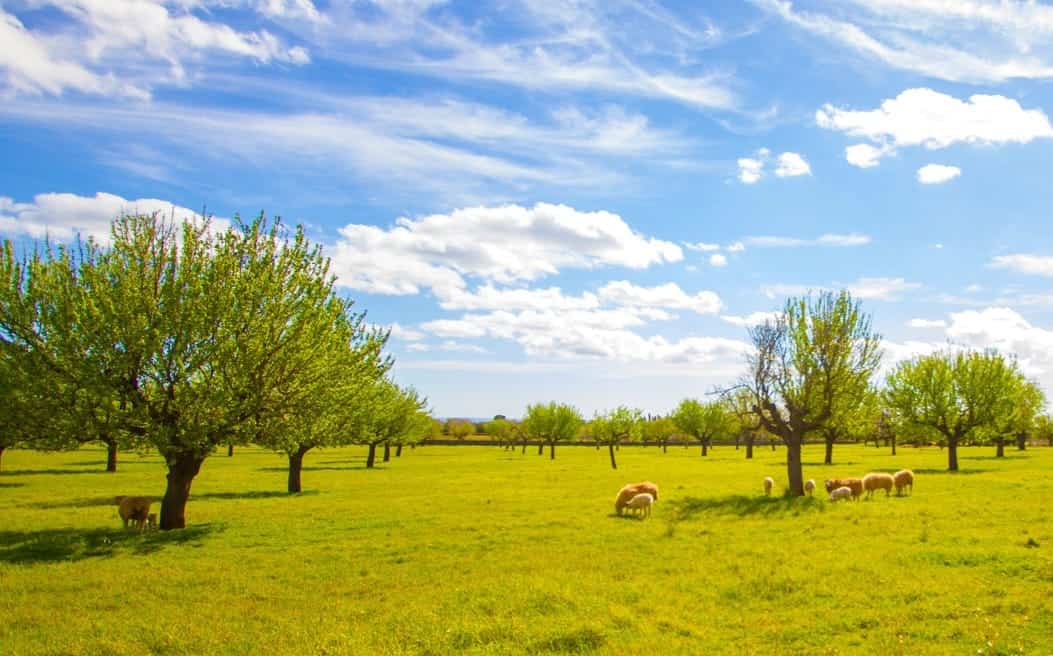Councillor Joan Simonet stresses that “in this second year of the CAP, which recognises the Balearic Islands as a special region, we wanted to provide specific training for collaborating organisations and the staff of the regional delegations to facilitate and speed up the processing of aid applications”.
TDB keeps you informed. Follow us on Facebook, Twitter and Instagram
Regional Ministry of Agriculture, Fisheries and the Natural Environment
The processing of aid for the Common Agricultural Policy (CAP) 2024 campaign has been possible since the first of February. The deadline will remain open until 30 April. This is the second CAP campaign of the new period, 2023-202, which recognises the special characteristics of agricultural and livestock production in the Balearic Islands and compensates for the additional costs of insularity that the primary sector has to bear. In this regard, the Minister of Agriculture, Fisheries and Natural Environment, Joan Simonet, recalled that “the last CAP 2023 campaign resulted in an increase in funding of 35.1% compared to 2022, which meant more than nine million more”. “For this 2024 campaign, due to the convergence factor that will be applied until 2027, we will receive two million more,” the councillor stressed.
The aids, which have to be processed in a single application, are basic income support for sustainability (formerly known as the basic payment), supplementary payment for young people, redistributive payment (small and medium-sized farms), aid associated with certain agricultural and livestock production (such as suckler cows and suckler cows of indigenous breeds), aid for sheep and goats – for extensive and semi-extensive meat production and also for milk – and aid for nuts, nuts and algae; aid for sheep and goats – for extensive and semi-extensive meat and milk production – aid for nuts and carob; aid for sustainable rice production; aid for the production of plant-based proteins – grain, fodder, multiannual and oilseed crops – and aid for low-yield olive groves, with special recognition for those in the Sierra de Tramontana, among others). There is also aid for eco-schemes, voluntary good environmental practices, environmental aid (promotion of ecological agriculture, compensatory payments for mountain areas, aid to promote the breeding of indigenous breeds and the promotion of the use of regenerated water in agriculture), among others.
The Regional Ministry of Agriculture, Fisheries and the Environment would like to remind that the requirements for applying for CAP aid are to be an active farmer, i.e. to be affiliated to the agricultural Social Security system on one’s own account or that at least 25% of one’s income comes from agricultural activity, including in agricultural income the amounts received in aid. Farmers who received less than 5,000 euros of aid in the previous CAP campaign will not have to prove that they are active farmers. They also have to comply with enhanced cross-compliance, which is 10 Good Agricultural and Environmental Conditions (GAEC) and 11 Statutory Management Requirements (SMRs).
The processing of all aid will be done telematically through the regional delegations, professional agricultural organisations, agri-food cooperatives and other entities considered collaborators by the Regional Ministry of Agriculture, Fisheries and the Natural Environment. In this sense, the councillor Joan Simonet has informed that “to facilitate this procedure, specific training has been given in recent weeks to the collaborating organisations and the staff of the regional delegations to answer any doubts and speed up all these procedures”.
